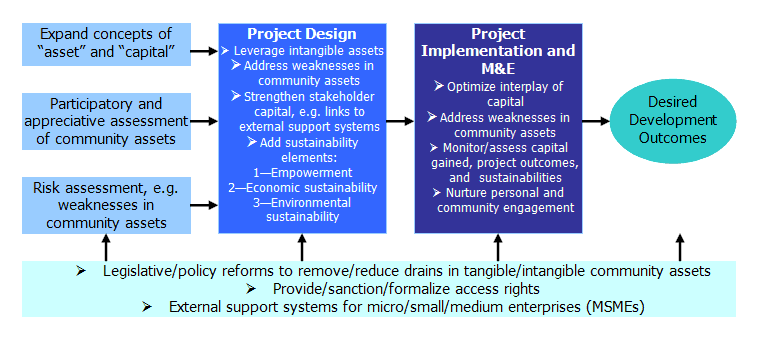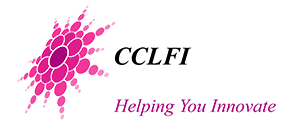CCLFI and the Peace and Equity Foundation in 2007-2008 discovered the secret behind successful poverty alleviation. They found that the few most successful among over 900 anti-proverty projects in the Philippines had leveraged on the intangible assets that local communities already have.
Based on this research evidence, CCLFI and PEF develped the Knowledge for Poverty Alleviation (KPA) framework, a development model that is built on two recent, powerful development paradigms, Knowledge-Based Management and Sustainable Development.
The KPA framework can be used in the participatory design and evaluation of anti-poverty projects at the community level to increase chances of project success and sustainability. KPA emphasizes the importance of recognizing a community’s intangible assets, and proposes a set of actions to discover and use local tangible and intangible assets to build community confidence and ability to themselves identify projects suited to their needs and conditions. .

This framework equips the development community with a new lens with which to view the poverty situation at the grassroots level. With a new pair of eyes, new strategies and options for improving well-being of low-income communities surface. New tools and approaches for harnessing the strengths of the community emerge. A new way to increase the chances of success of poverty alleviation projects and to sustain gains is developed.
We gladly note that Dr. Philip Penaflor had further operationalized the KPA framework by combining it with appreciative inquiry to developing and testing a local community driven process for (a) inventory of local tangible and intangible assets, and (b) identification of priority development projects. He tested this approach in a rural community in Timor Leste.
